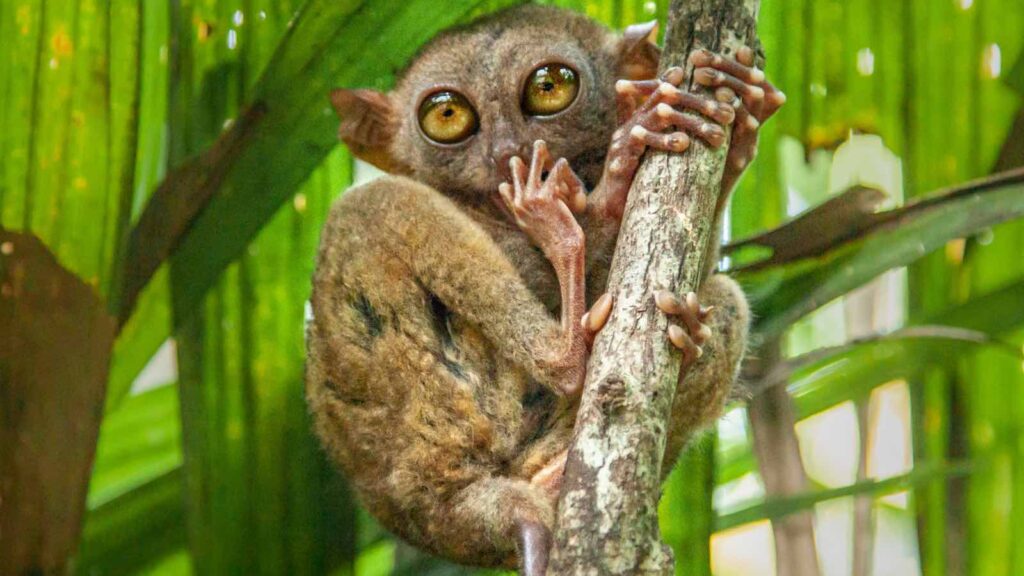Study definitively shows that conservation actions are effective at reversing biodiversity loss.
In a groundbreaking study that offers a ray of hope for the planet’s endangered species, researchers have provided compelling evidence that conservation actions can effectively halt and reverse biodiversity loss. The University of Oxford-contributed review, the first of its kind, analyzed the outcomes of various conservation interventions globally, spanning over a century of efforts.
RELEVANT SUSTAINABLE GOALS


The Positive Impact of Conservation Action
The meta-analysis, encompassing 186 studies and 665 trials, revealed that conservation measures improved biodiversity or slowed its decline in 66% of cases compared to no action. These interventions ranged from establishing protected areas and managing invasive species to sustainable ecosystem management and habitat restoration.
“It would be too easy to lose any sense of optimism in the face of ongoing biodiversity declines,” said Associate Professor Joseph Bull from Oxford’s Department of Biology. “However, our results clearly show that there is room for hope.”
The study’s findings come at a critical juncture, with over 44,000 species currently at risk of extinction. This biodiversity crisis threatens the stability of ecosystems crucial for climate regulation and the provision of essential services to billions of people worldwide.
Successful interventions highlighted in the study include predator management on Florida’s barrier islands, which significantly improved nesting success for loggerhead turtles and least terns. In the Congo Basin, deforestation rates were 74% lower in logging concessions under Forest Management Plans. The Brazilian Amazon saw reduced deforestation and fire density in protected areas and Indigenous lands.
Even in cases where conservation actions fell short, researchers gained valuable insights for refining future strategies. The study noted a correlation between more recent interventions and positive outcomes, suggesting that conservation practices are becoming more effective over time.
Dr. Grethel Aguilar, Director General of the International Union for Conservation of Nature (IUCN), praised the findings: “It shows that nature conservation truly works, from the species to the ecosystem levels across all continents.”
The research team emphasized the need for increased investment in effective management of protected areas, which remain fundamental to conservation efforts. They also called for further studies to assess a broader range of interventions, including pollution control and climate change adaptation strategies.
As governments worldwide adopt new targets to address biodiversity loss, this study provides timely and crucial evidence that scaling up conservation efforts could indeed be transformative in the fight to protect our planet’s rich tapestry of life.
Find out more here.
Lead image courtesy of Macrophoto from Getty Images Signatures
You may also be interested in :
Social Forestry Plays Pivotal Role in Indonesia’s Climate Change Mitigation Efforts



